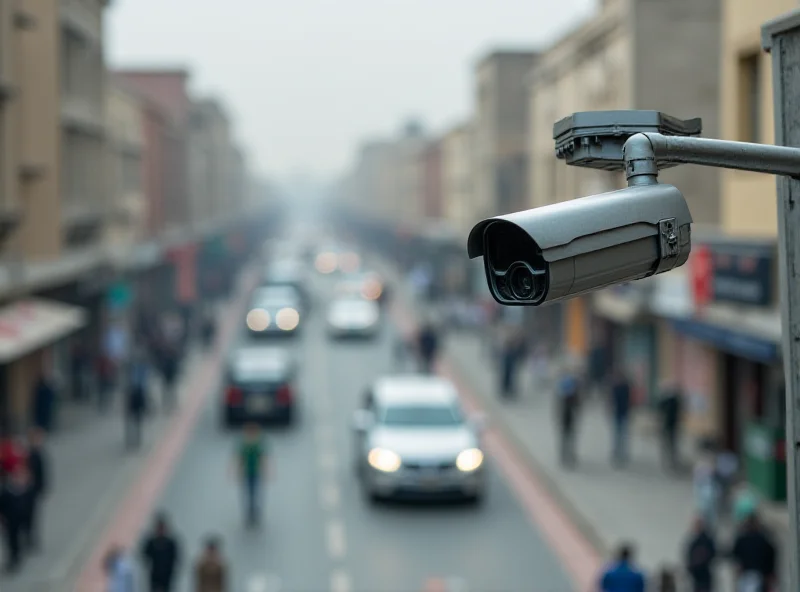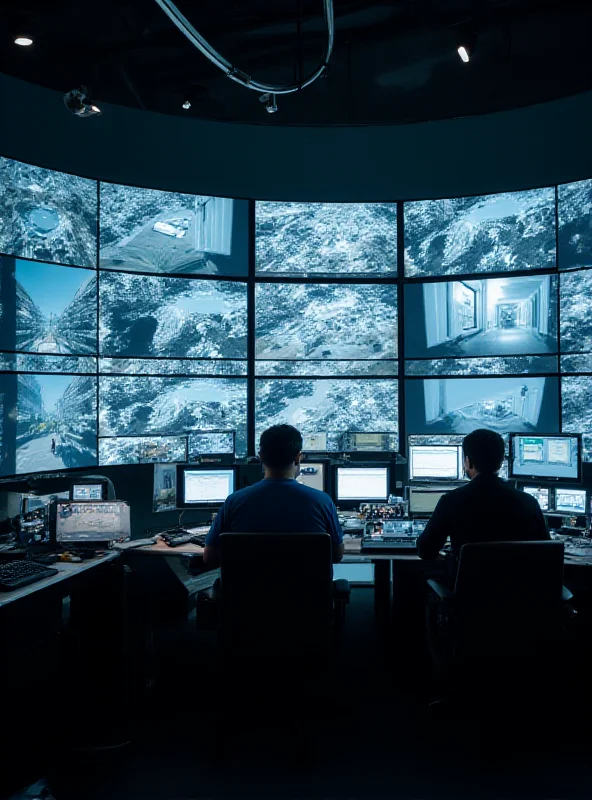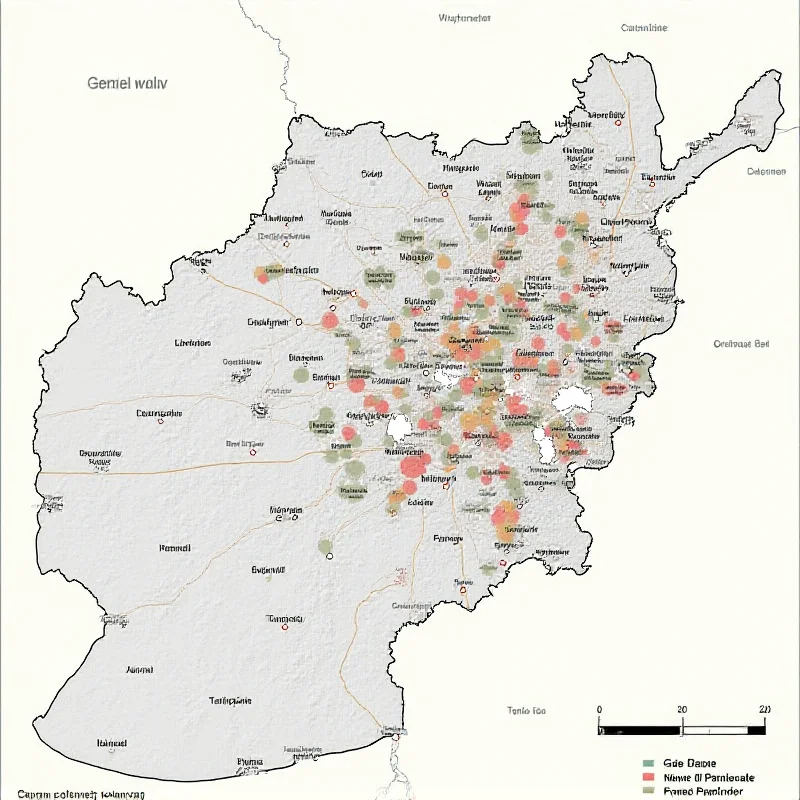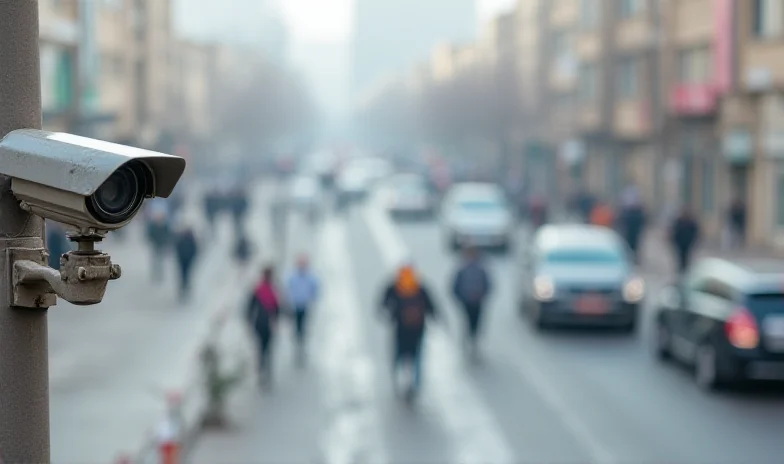The Taliban's recent installation of a massive CCTV network in Kabul, consisting of approximately 90,000 cameras, has sparked a debate about security versus freedom. While Taliban officials claim the network will significantly reduce crime rates in the city, human rights organizations and concerned citizens are raising alarms about the potential for widespread surveillance and abuse.
The sheer scale of the project is what's causing the most concern. Ninety thousand cameras across Kabul mean that virtually every public space is under constant watch. While proponents argue that this will deter criminal activity, critics worry that it will also stifle dissent and create a chilling effect on freedom of expression.
A Tool for Control?
The question on everyone's mind is: what will the Taliban do with all this data? Some fear that the cameras will be used to monitor and control the population, identifying and targeting individuals who are perceived as being critical of the regime. This could lead to arbitrary arrests, detentions, and other forms of persecution.

“The potential for abuse is enormous,” says one human rights activist, who asked not to be named for fear of reprisal. “Without proper oversight and safeguards, this network could easily become a tool for oppression.”
The Promise of Security
The Taliban, however, maintain that the CCTV network is purely intended to enhance security and prevent crime. They argue that the cameras will help law enforcement agencies to quickly identify and apprehend criminals, making Kabul a safer city for all residents.
Whether the promise of increased security outweighs the potential risks to human rights remains to be seen. The situation in Kabul highlights the ongoing tension between the need for law and order and the protection of fundamental freedoms.

A Delicate Balance
Finding a balance between security and freedom is a challenge for any government, but it is particularly acute in a context like Afghanistan, where there is a history of human rights abuses and a lack of independent oversight mechanisms. The international community is closely watching the situation in Kabul, hoping that the Taliban will take steps to ensure that the CCTV network is used responsibly and in accordance with international human rights standards.
The future of Afghanistan depends on it.

